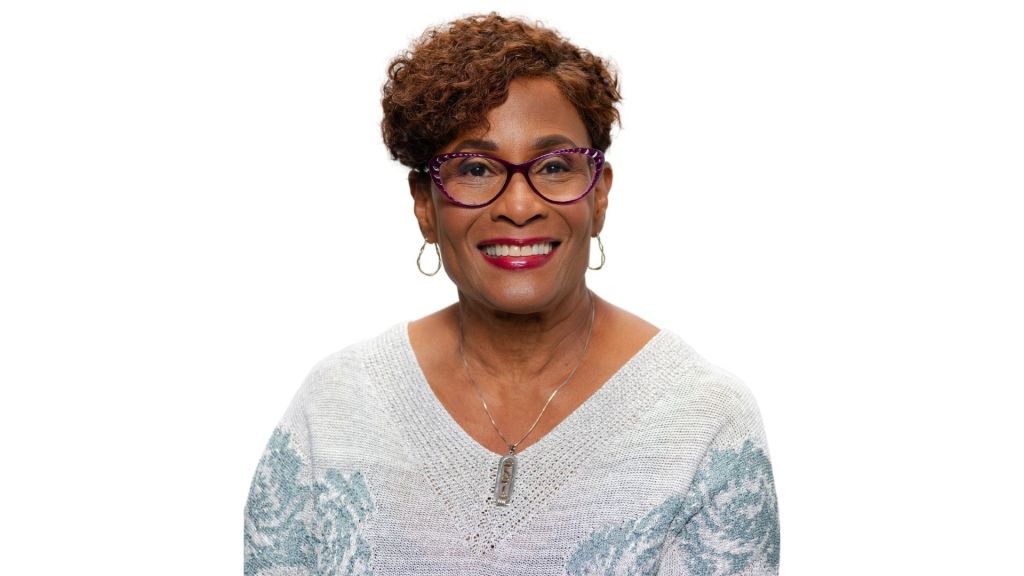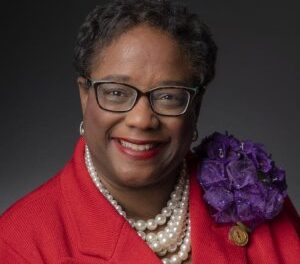By Frances Murphy Draper
AFRO CEO and Publisher
In my family, like so many of yours, good grades were expected–no, required. Failing a class, talking back to teachers, disrupting class or any other behavior that caused a teacher to even think about calling your parents was enough to make you do as Nat King Cole sang, “straighten up and fly right!”
If you went to West Baltimore’s Lemmel Junior High School or Douglass High School like I did, you encountered principals like Ms. Hermione Wharton, who put the fear of God in anyone who dared to even walk on the wrong side of the hallway. She was small in stature, but big on providing an excellent education for all her students. I can still see her standing in the middle of the hallway, with her arms folded and her slightly graying hair in a neat bun. Her strong, crisp voice would ring out the order to “get to class with alacrity and speed.” At 12 or 13, I had no idea what “alacrity” meant but I knew that in between classes wasn’t the time to stop and talk to my friends.
Although I was a (relatively) well-behaved student who received excellent grades, it wasn’t because I was so smart but rather because of parents, teachers and administrators who constantly pushed me to be better and to do better. As my mother accurately noted in her oral history, I did well in junior and senior high school – especially in all my French and Spanish classes.
So, at the ripe old age of 16, I decided I wanted to be a foreign language teacher. I began tutoring groups of my peers after school and before I knew it, I was graduating with honors from Douglass and off to Morgan State University (then Morgan College) to major in Spanish education with a minor in French. There were very few foreign language majors at Morgan. It was enough that everyone had to take English 101 and 102 plus three years of humanities classes, all of which were extremely rigorous thanks to professors extraordinaire like Dr. Iva Jones and Dr. Ruthe T. Sheffy. If you enrolled in a foreign language course it was because you really loved learning other languages and cultures, you didn’t find out how hard it was until it was too late to drop the class or it was the only elective that would fit into your schedule.
However, for me, with teachers like Douglass’ Muriel Callaman (French) and Doris Holtsclaw (Spanish), learning foreign languages ignited a thirst in me– not only to learn the nuances of the language, but to have a better understanding of the culture. I loved the way the letter “r” sounded in Spanish and with French, when spoken with all due dignity and sophistication, amazed me.
I don’t think my mother was terribly surprised when I announced I wanted to study foreign languages in college. But other family members weren’t so embracing of my career choice.
“You mean you want to be a foreign diplomat,” one cousin said. “You want to travel to Spain and get a job there?”
“Why foreign languages? Can’t you teach English or something else? Everyone needs English, and most people here speak English, so what’s the big deal with a language nobody really cares about?” were all questions that needed answers.
The big deal for me was interacting and communicating with people from different cultures. As my high school yearbook noted: “Culturally, the foreign language department attempts to open the mind of the student – to broaden ways of thinking. Thus, when a student learns a foreign language, he (or she) is directly introduced to another culture, which he (or she) is encouraged indirectly to understand or respect.”
Little did I know more than 50 years ago, Spanish-speaking U.S. citizens and immigrants would rise to be an important and necessary part of our society – while also becoming the center of much controversy, political maneuvering and manipulation.
Although my Spanish is really rusty, I am intentional about using it whenever possible, and I can’t help but notice how appreciative people are when you at least try to speak the same language they speak. Or when you make an honest attempt to interact with and respect them for who God created them to be.
After college, I was fortunate to be one of the few (if not the only) foreign language majors to be offered a teaching position in the Baltimore City Public Schools. The paternal side of the family, who all followed in the footsteps of their dad and my grandfather, Dr. Marion Francis Wood (the first Director of ‘Colored Schools’ in Baltimore), were thrilled that I was going to teach. Afterall, I grew up in the era where teaching and nursing were the career paths many women were encouraged to pursue.
Although I only taught for five years, I encountered and encouraged many students I still interact with today. Students like Brenda Tiller Ransom, Dr. Karen Bethea and Ovetta Smith. And then there was the recent Facebook message every teacher loves to read: “Dear Mrs. Draper, you may not remember me because it’s been so many years ago. But I wanted to tell you that because of your class and your love and encouragement for ‘kids’ like me, kids who others didn’t think had a real chance to succeed, and your insistence that we “can be more and do more,” I am a successful businessman and a dedicated family man today. Thank you.’”
This week, Team AFRO put together an insightful and informative edition. There are articles on teacher pay, the 70th anniversary of the desegregation of American schools, acknowledgement of standout students and teachers and a piece on the evolution of HBCUs, from training facilities to full fledged universities. This edition is all about education and it is another keepsake!
Teachers today are not as revered as they once were and our public school systems seem to be always under attack. However, I know there are still many dedicated, committed educators who devote their lives to improving the lives of children, teens and young adults.
So, if you can read this, take the time today and thank a teacher!
The post If you can read this, thank a teacher today appeared first on AFRO American Newspapers.











